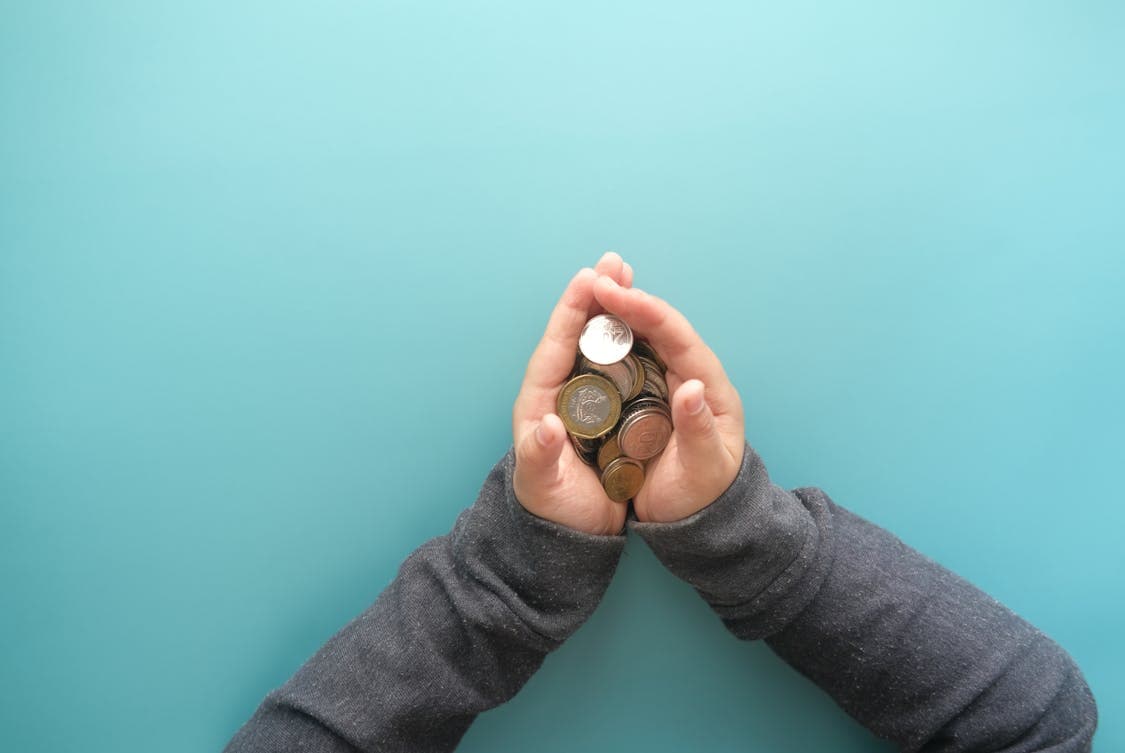Small acts of kindness, repeated over time, can accumulate into a meaningful pattern of giving that touches people and tucks blessings into daily life. When sadaqah becomes a habit, its reward does not sit in a far off ledger; it shows up in small shifts in heart and circumstance.
Continuous giving in Islam reflects a mindset of constant gratitude and compassion. Rather than sporadic generosity, it encourages a lifestyle where charity is woven into daily life. Whether it’s feeding someone regularly or sponsoring a cause, continuous giving trains the soul to detach from greed and trust in Allah’s provision.
Why Small, Regular Sadaqah Matters
There is a well-known teaching that the most beloved deeds are those done consistently, even if they are few, and that idea proves true in real life. Small giving creates a pattern of care that trains the heart to notice need and respond, which itself is a form of reward.
Repetition builds character: giving, giving again, and giving some more makes the act both familiar and meaningful. Over time a person who gives in small ways becomes a giver by nature rather than by rare impulse.
The Daily Habit of Giving
Habits form when an action follows a cue and a short sequence of steps that are easy to repeat, so pick cues that fit your day and attach a small gift to them. Keep the steps tiny: one coin into a jar, one kind word at a doorway, one minute of help with a neighbor; these tiny moves make the habit stick.
Habit strength grows with frequency, not size, so daily smallness beats occasional largesse in long-term impact. Habit and intention work together; the routine gives shape, the heart gives color.
Matching Acts to Your Time and Strength
Constrain acts to what you can sustain: if you have a busy morning, a quick prayer for someone in need or a single tap to donate fits better than complex plans. Choose giving that aligns with your gifts and energy so the act feels natural rather than forced — a small favor can be as weighty as a large gift when matched to need.
Variety works too; rotate small acts so the pattern stays fresh and the giver stays engaged. When acts match rhythm and skill, giving becomes something you do, not something you dread.
Intention, Heart and Mindful Offerings
A quiet, sincere intention turns a small token into a meaningful sadaqah; pure aim colors the action and lifts its worth in the unseen. Before acting, set a simple aim: ease a burden, bring a smile, honor God, or support a cause; such aims guide the small gift toward real benefit.
Mindfulness keeps the mind present — you give with focus rather than out of habit alone — and that presence deepens the spiritual return. Small acts done with clear intention bind deed and spirit together in a single, steady motion.
Timing: When Small Gifts Grow

Certain moments magnify a gift: a kind word to someone on a hard day, a warm meal when cold weather bites, or extra time offered to an anxious friend late at night. These moments are not always dramatic; often they are quiet windows where a small gift lands with larger effect because the need is acute.
Timing is partly luck and partly attentiveness, so sharpen your ear for signals of strain: a soft request, a sigh, a delay in replies. A modest act at the right moment can ripple outward more than a grand gesture on a neutral day.
The Ripple Effect in Community
When a person gives regularly, small acts inspire imitation and create social momentum; one smile often prompts another, one meal often leads to shared food. These chains are subtle: a neighbor passes along a favor, a child learns a habit of care, a network of mutual aid emerges around repeated small gifts.
The quiet accumulation of aid shapes neighborhoods and groups in ways large sums sometimes cannot, because it builds trust and relational capital over time. Small, steady giving knits people together and can shift local norms toward generosity.
Signs of Reward and Inner Feedback
Signs of spiritual return are often internal and gradual: increased calm, clearer priorities, a lighter sense of purpose, or doors opening where effort finds easier passage. External markers may show up too — renewed friendships, reciprocal help, or opportunities that follow a pattern of consistent care — but such signs come with no guarantee and should not be the whole aim.
Track the inner changes more than the outer tally; inner shifts are steady proof that the practice affects character. When the heart softens and the rhythm of giving endures, reward has already begun.
Keeping It Sustainable Through Life Changes
Life moves through seasons where time, cash, and energy rise and fall, so keep the giving flexible and pegged to what you can keep doing. Lower the amount or shift the form of giving rather than stopping: a shorter visit, a smaller donation, a longer prayer, or a few minutes of mentoring can replace larger efforts while staying faithful.
Adjustments keep the pattern alive, and the pattern is the point — persistence crafts impact where sporadic spikes cannot. Sustainable giving respects reality and honors the intention behind each small gift.
Practical, Small Acts to Start Doing
Pay for a stranger’s tea, leave a note of encouragement, carry spare change for emergencies, or spend five minutes helping someone with a task — tiny moves that slot into a busy day with little fuss. Plant a tree seed, water a community plant, or teach a child a quick skill; such acts give life and knowledge that multiply over time.
Give a consistent few minutes weekly to a charity or a neighbor, and watch how those minutes add up in relationships and need met. The simplest acts often fit best into daily life and open doors for ongoing, quiet generosity.


